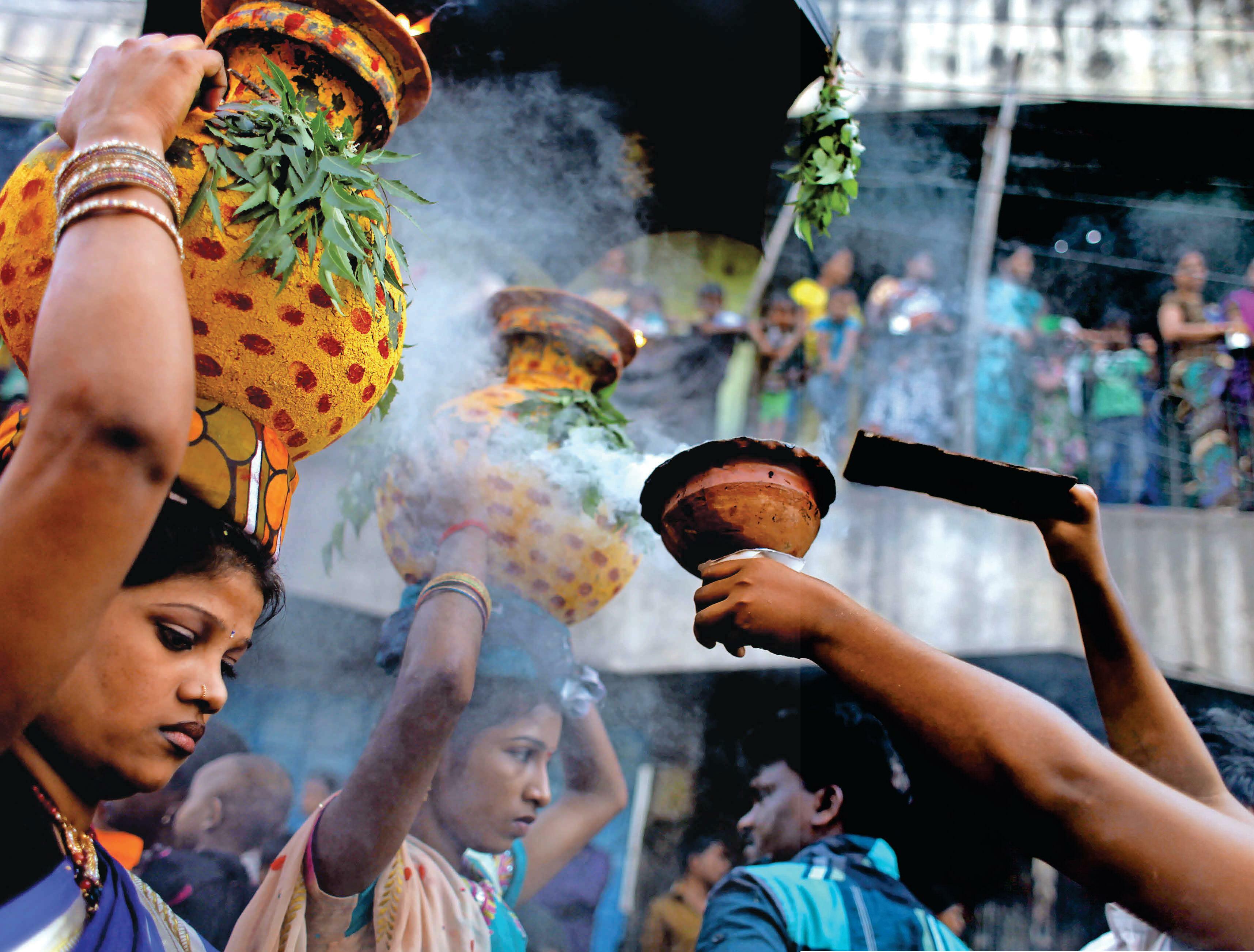
Every year, Dhaka resident Trinath Baurusetty retraces the steps his forefathers took nearly two centuries ago. The 27-yearold embarks on a journey to India from the Bangladesh capital. After crossing the international border into West Bengal, he takes a train from Kolkata to Visakhapatnam. His destination is Etikoppaka village, renowned globally for its traditional toys. The village holds a geographical indication (GI) tag for its handicrafts. For Baurusetty, the place connects him to his Telugu roots.
“From a very young age, I was curious about my identity. I asked myself many questions about who I was. This quest has led me to make regular trips to Andhra Pradesh,” said Baurusetty in fluent Telugu. According to the information he gathered, his great-grandparents or the generation before them had migrated from Etikoppaka to Dhaka during British rule. People from many dalit families on the Andhra coast were taken for manual labour in the 1850s and later employed in tea plantations or as cleaners and scavengers in the railways and the Dhaka municipality. Today, Baurusetty is part of the 30,000-odd Telugus in Bangladesh.
K. Suryanarayana, professor emeritus at Andhra University in Visakhapatnam, said the trend was the result of cheap labour exploited by the East India Company. “The tea, teak and coffee plantations required labour, and the East India Company used workers from the area stretching from Rajahmundry to Ichapuram. They migrated to countries like Myanmar, which were considered Suvarnabhumi. In fact, in the 18th and 19th centuries, those who migrated to work in those countries earned a lot and were treated as rich foreigners by the locals. But some of them had to return without making much money and had to be rehabilitated by the governments.”
This story is from the September 08, 2024 edition of THE WEEK India.
Start your 7-day Magzter GOLD free trial to access thousands of curated premium stories, and 9,000+ magazines and newspapers.
Already a subscriber ? Sign In
This story is from the September 08, 2024 edition of THE WEEK India.
Start your 7-day Magzter GOLD free trial to access thousands of curated premium stories, and 9,000+ magazines and newspapers.
Already a subscriber? Sign In

Is bridal wear on the wane?
So many guests walked out of Sabyasachi's grand 25th year celebration in Mumbai last weekend, a little confused, even outraged. How can India's most famous bridal wear designer not showcase a single bridal outfit? Guests were underwhelmed, or disappointed, unable to wrap their coiffed heads around the fact that India is changing, and fashion is now more than a lehenga.

The wedding goes slim
So Jeet Adani is to have a 'traditional and simple' wedding sans celebrities or media glare. His father told the press that the auspicious date was finalised during a visit by the Adani family to the Mahakumbh in Prayagraj, where the muhurat was decided in the presence of vedic scholars.

INTO THE MOCHA-VERSE
Did Pantone get it right with its colour of the year 2025?

The art is in the right place
Joining a growing league of India's privately-owned museums is Sarmaya, a modern space that chronicles historic journeys

New words for old feelings
At a recent literary festival in Pune, its curator, the author Manjiri Prabhu, challenged me to prove my love of words by coining a few new ones. Inspired by the English language's habit of borrowing freely from the world's languages, I essayed these:

OIL AND MORE
India cannot be a spectator to what is unravelling in West Asia, say experts

We hope India will support two-state solution and help rebuild Gaza
War-torn Gaza, once home to Yasser Arafat, dreamt of self governance for the Palestinian territories. This time, its people are looking towards the Palestinian Authority to play a bigger role in helping implement the phased Israel-Hamas ceasefire, rebuilding territory and uniting Palestinians.

BACK TO BROMANCE
India's strategy will be to convince President Trump that there is no daylight between him and Prime Minister Modi in advancing their shared goals

Next industrial revolution will be driven by biotechnology and bio-economy
IN AUGUST 2024, the Union cabinet approved the BioE3 policy—Biotechnology for Economy, Environment and Employment, a framework policy to leverage biotechnology for India's economic growth, environmental sustainability and employment generation. It prioritises bio-manufacturing initiatives in various sectors like biopolymers, smart proteins, bio-therapeutics, climate-resilient agriculture, and marine and space research.

AMERICAN NIGHTMARE
With his strident anti-immigrant rhetoric and actions, Donald Trump is killing the American dream for both documented and undocumented workers. Indians, especially the H-1B visa holders and aspirants, could suffer the most under the new administration's policies